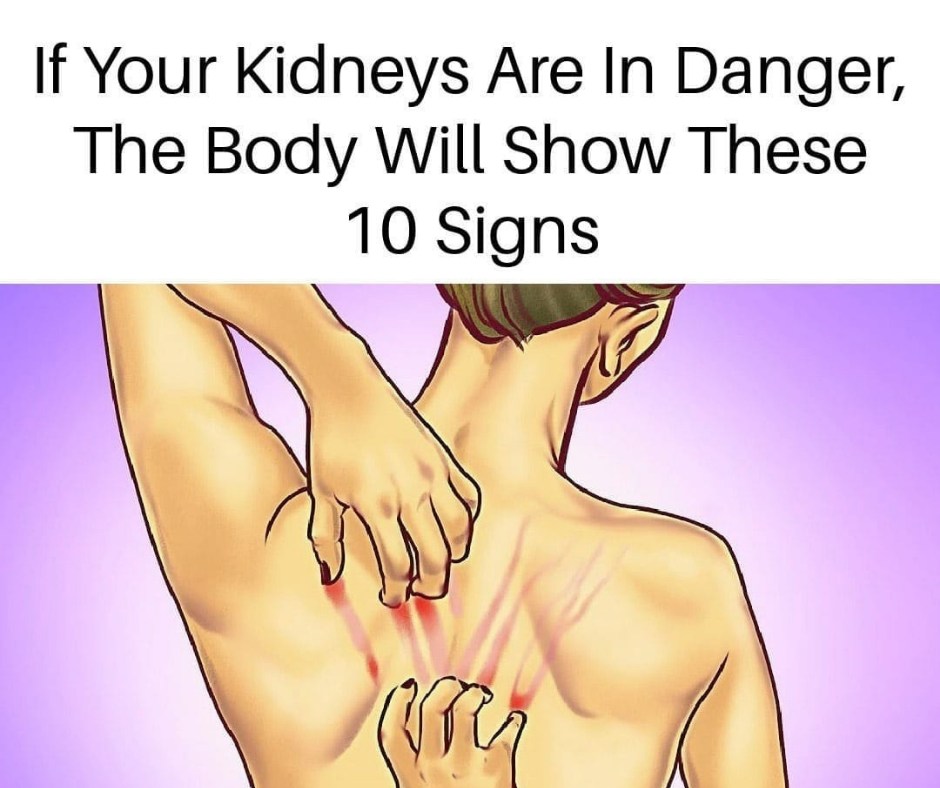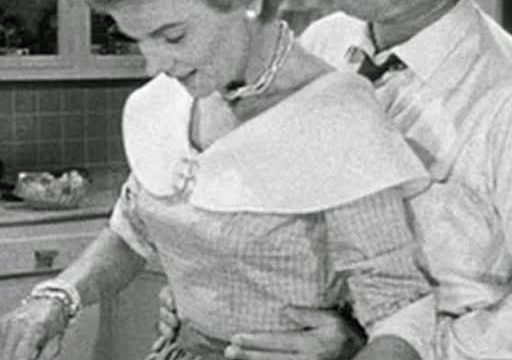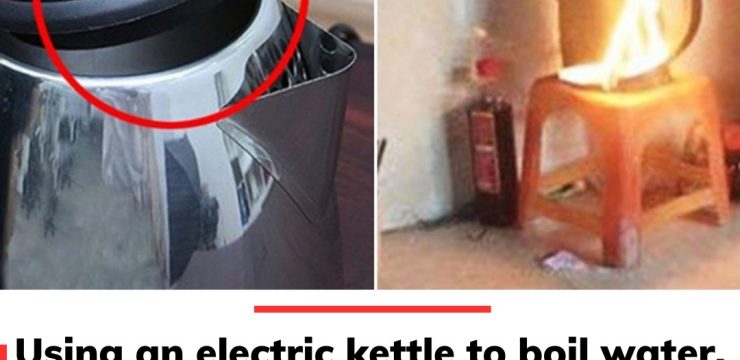Your kidneys may be small, but their role in maintaining your health is anything but minor. These bean-shaped organs, located just beneath your ribcage on either side of your spine, are essential for filtering waste products and excess fluids from your blood. They also help balance electrolytes like sodium, potassium, and calcium, regulate blood pressure, and produce red blood cells. On an average day, healthy kidneys filter around 120 to 150 quarts of blood, resulting in 1 to 2 quarts of urine. When your kidneys aren’t functioning properly, your body sends warning signals. Recognizing these signs early can make all the difference.

What Is Kidney Disease?
Kidney disease, also known as renal disease, occurs when your kidneys become damaged and can’t perform their essential functions effectively. This damage can result from conditions like high blood pressure, diabetes, infections, autoimmune diseases, or even hereditary factors. Left untreated, kidney disease can progress to kidney failure, a serious condition requiring dialysis or a transplant. Early detection is critical to preventing further damage and managing the condition successfully.
10 Signs Your Kidneys Might Be in Trouble
Your body often sends clear messages when your kidneys are struggling. Pay attention to these ten warning signs:
-
- Changes in Urination
One of the first signs of kidney trouble is a noticeable change in urination habits. You might find yourself going to the bathroom more frequently, especially at night, or urinating less often. Foamy urine or changes in color can also indicate kidney issues. - Fatigue and Weakness
When your kidneys aren’t working properly, they may fail to produce enough erythropoietin, a hormone that helps make red blood cells. This can lead to anemia, causing fatigue, weakness, and even difficulty concentrating.
- Changes in Urination
- Swelling (Edema)
Damaged kidneys struggle to remove excess fluids, leading to swelling in the legs, hands, face, or abdomen. This condition, known as edema, is a common symptom of kidney dysfunction. - Persistent Back Pain
Pain below your ribcage, near the kidneys, can be a sign of kidney disease. This pain may be dull or sharp and is sometimes accompanied by tenderness. It can also indicate untreated urinary tract infections that have spread to the kidneys. - Unexplained Weight Loss or Loss of Appetite
Waste products building up in the bloodstream due to impaired kidney function can cause a loss of appetite and unexplained weight loss. - Nausea and Vomiting
Kidney issues can lead to nausea and vomiting, particularly in the mornings or after meals, as toxins accumulate in the body and disrupt digestion. - Trouble Sleeping
Many people with kidney disease report difficulty sleeping. This can be caused by muscle cramps, restless leg syndrome, or frequent urination disrupting their sleep cycles. - Metallic Taste in the Mouth
A persistent metallic taste or changes in how food tastes can result from toxins building up in the blood. This is a common symptom of advanced kidney problems. - Muscle Cramps and Twitching
Imbalances in electrolytes, like calcium and potassium, caused by kidney dysfunction can lead to muscle cramps and twitching. - Itchy Skin
When your kidneys fail to remove toxins effectively, it can result in itchy skin. This discomfort is often widespread and not limited to any specific area.
How to Protect Your Kidney Health
If you notice any of these warning signs, it’s crucial to seek medical advice as soon as possible. Early diagnosis and treatment can slow the progression of kidney disease and improve your quality of life. Here are steps you can take to keep your kidneys healthy:
- Maintain a Healthy Diet: Include fruits, vegetables, whole grains, and lean proteins in your meals. Avoid excessive salt, sugar, and processed foods.
- Stay Active: Regular exercise helps control weight, lower blood pressure, and reduce the risk of diabetes—major contributors to kidney disease.
- Drink Plenty of Water: Staying hydrated helps your kidneys flush out toxins and perform optimally.
- Avoid Smoking and Limit Alcohol: Smoking damages blood vessels, while excessive alcohol can raise blood pressure, putting extra strain on your kidneys.
- Take Medications Responsibly: Overusing over-the-counter pain relievers or certain prescription drugs can harm your kidneys. Always follow your doctor’s instructions.
Listen to Your Body
Kidney disease is a serious condition, but the body often provides warning signs that something is wrong. By paying attention to these symptoms and addressing them early, you can prevent further damage and take steps to protect your kidneys. Regular check-ups are especially important if you have risk factors like high blood pressure, diabetes, or a family history of kidney disease.
Your kidneys are vital to your overall health. Taking care of them through a healthy lifestyle and being mindful of warning signs can help ensure they continue to support you for years to come. Don’t ignore your body’s signals—prioritize your kidney health today for a better, healthier tomorrow.





